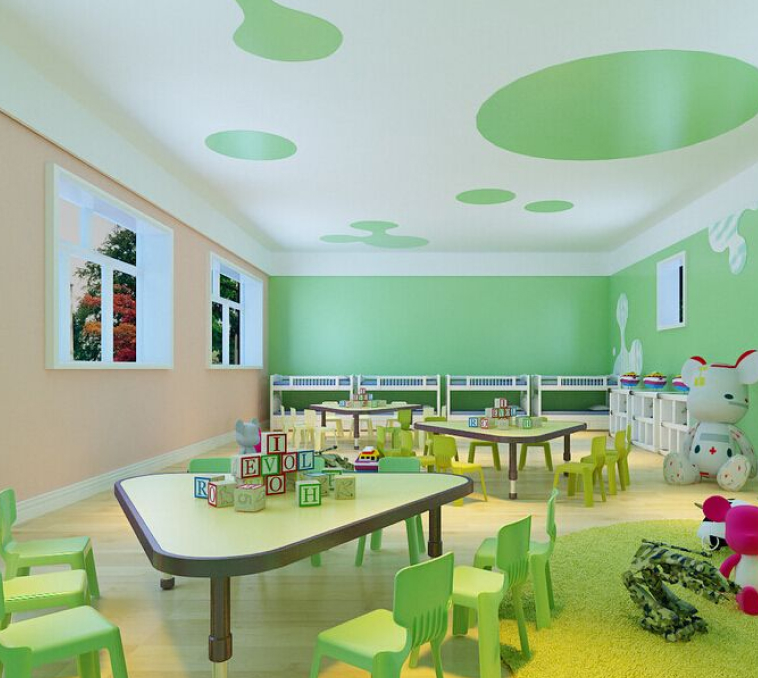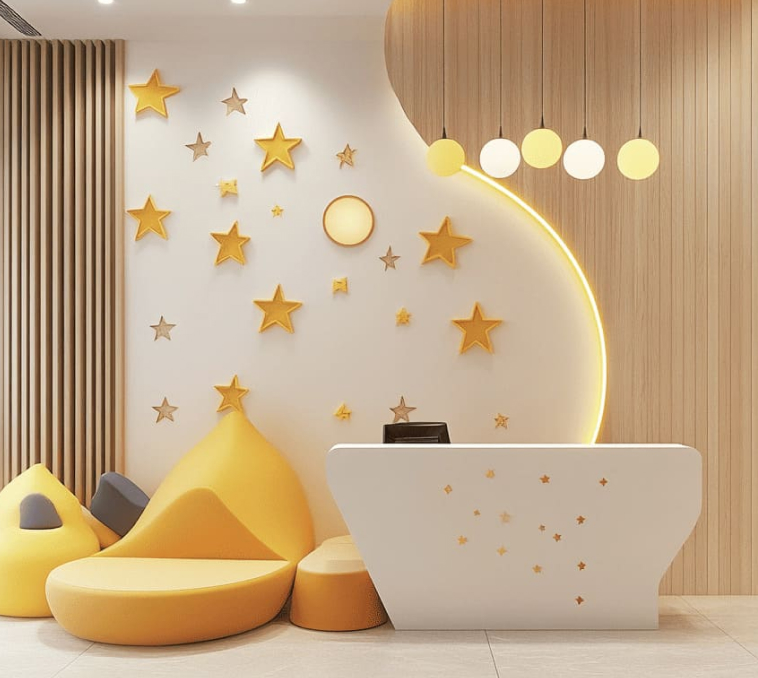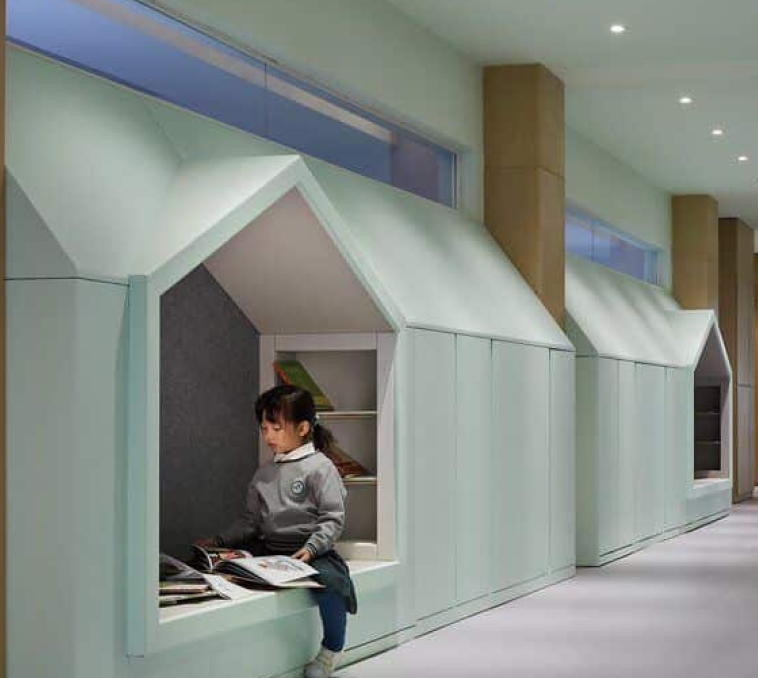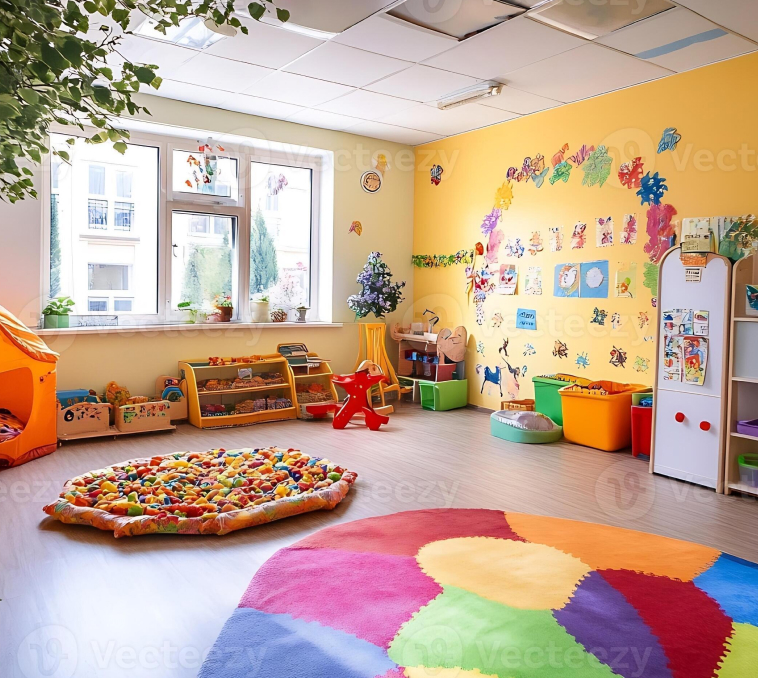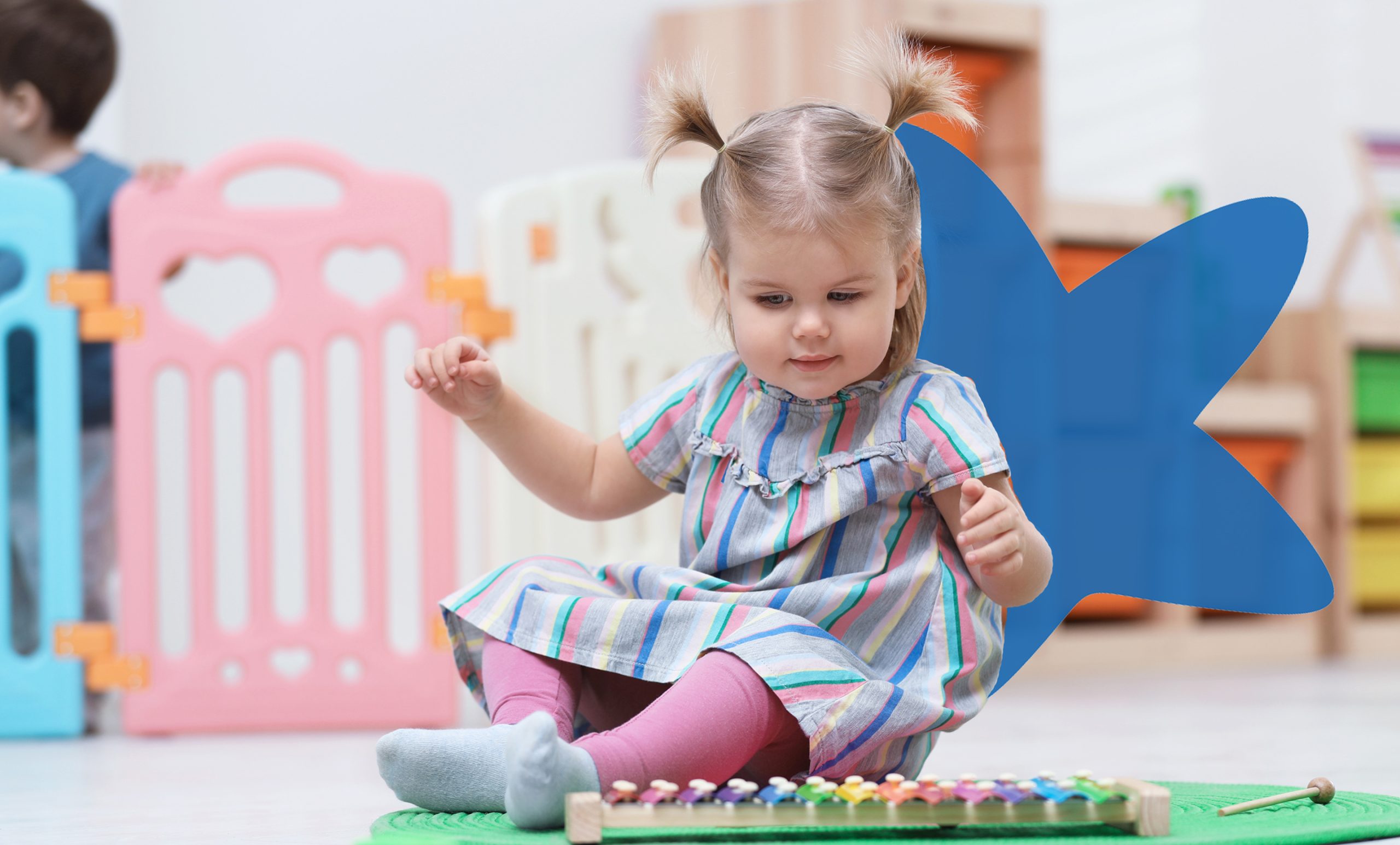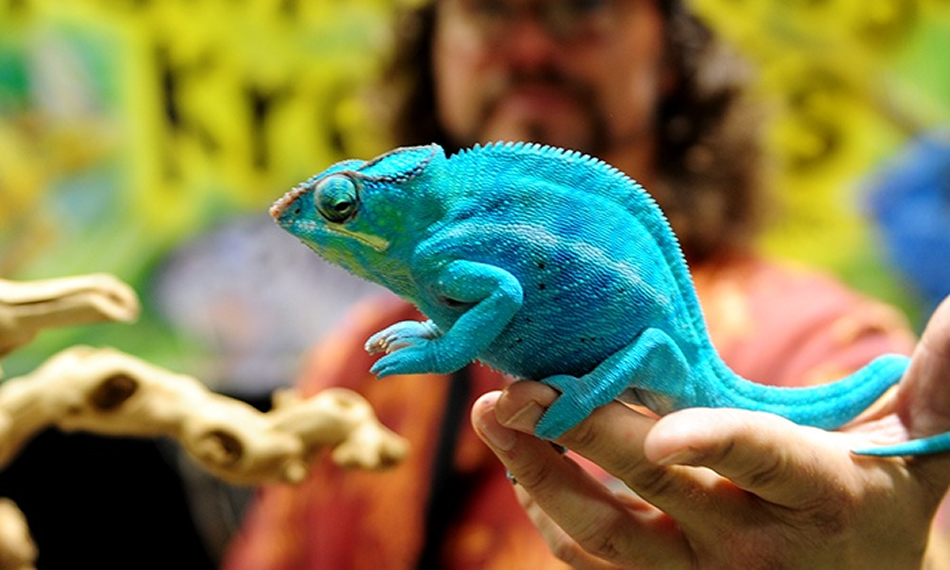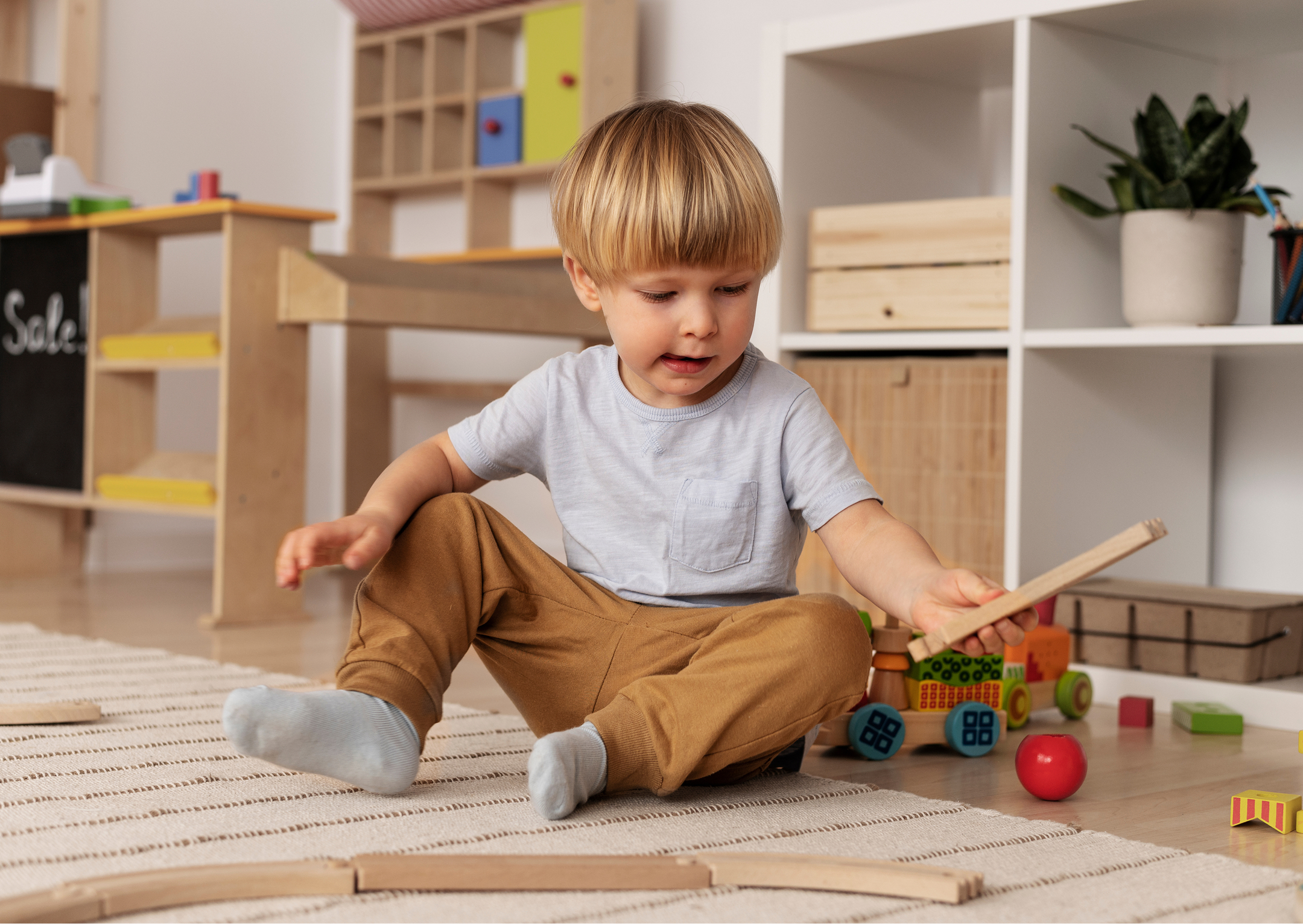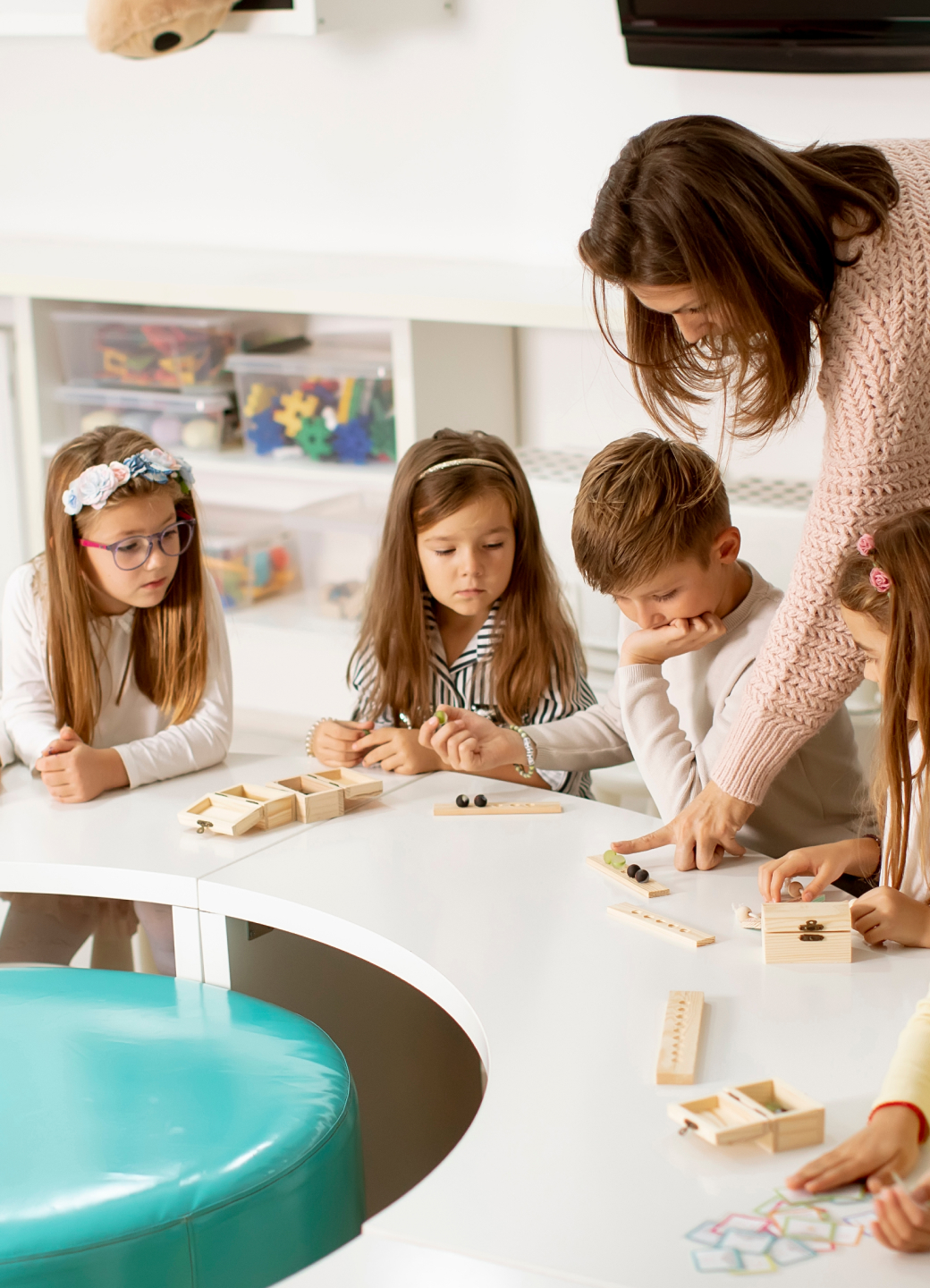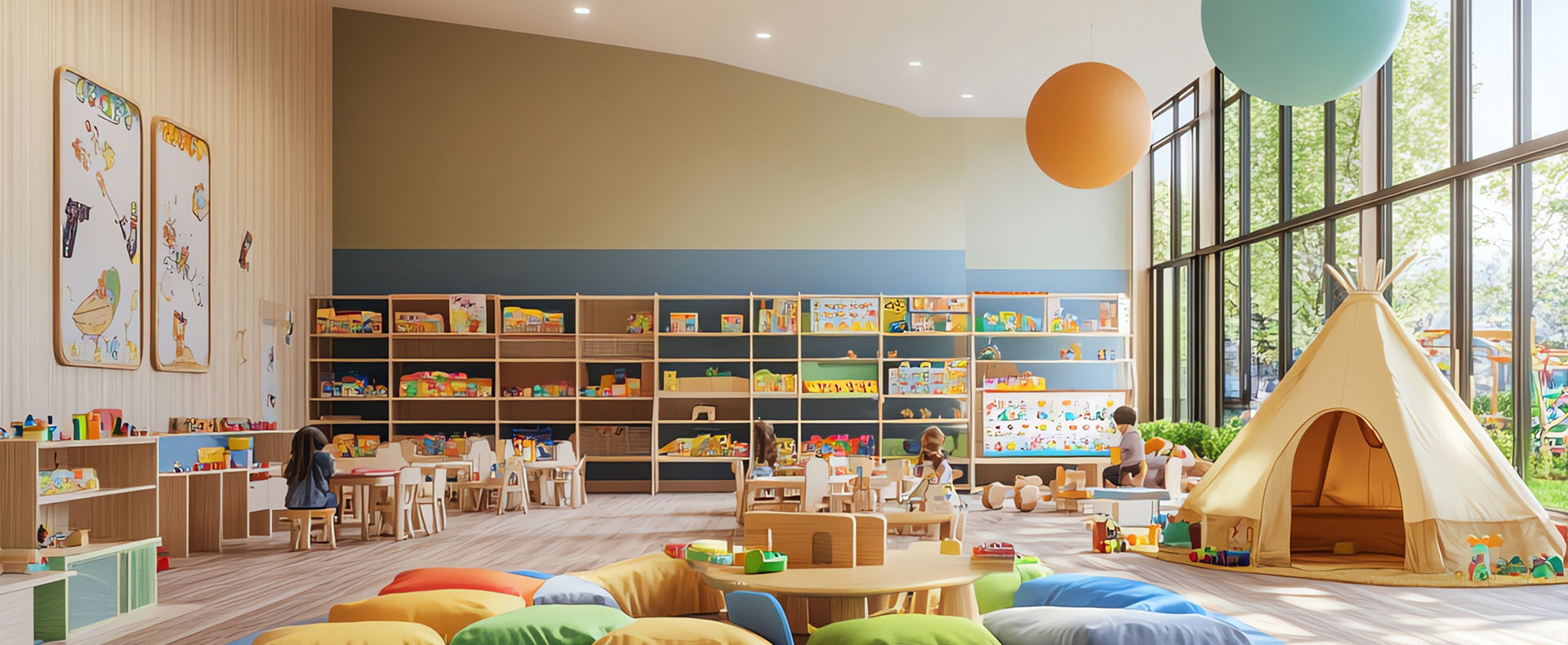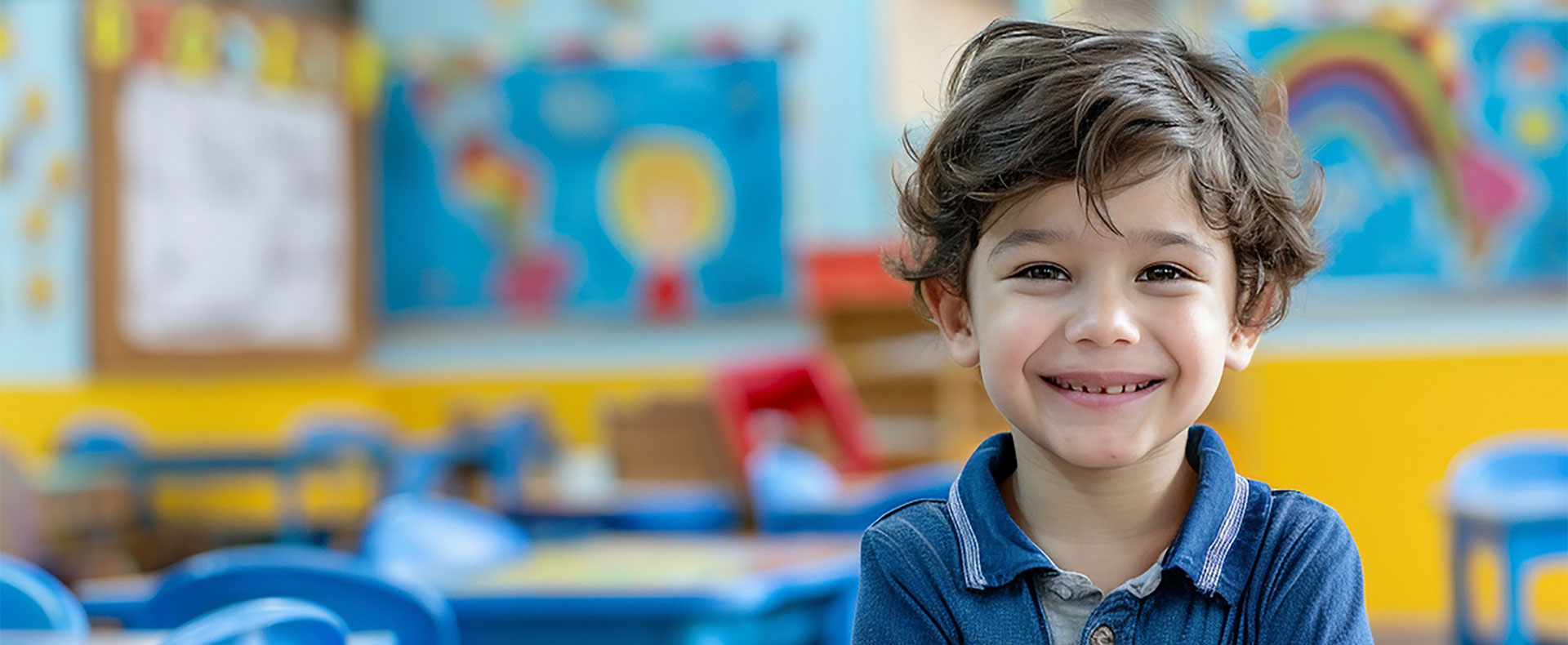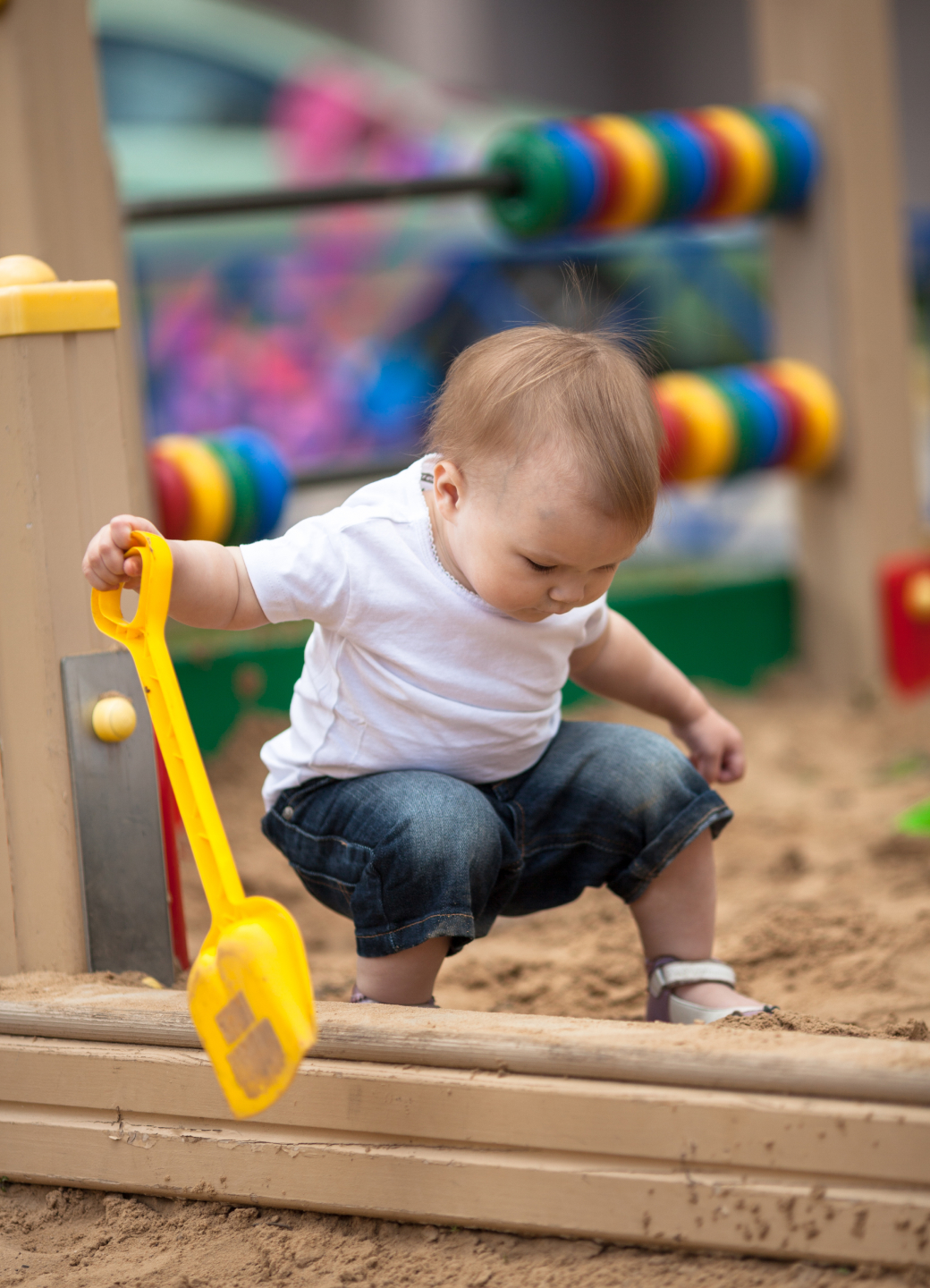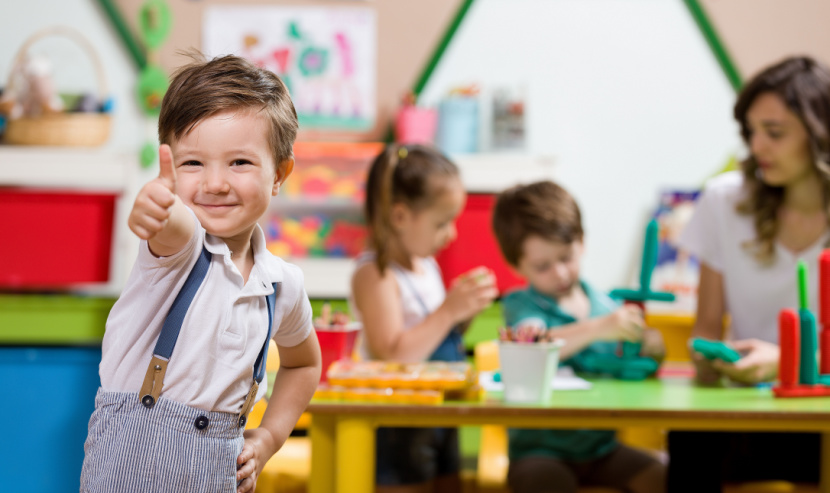
Teaching a preschooler to focus is a collaborative effort between parents and early learning centres, aiming to foster an environment conducive to concentration and effective learning. The formative years of a child’s life are crucial for developing the foundational skills needed for academic success and overall well-being. Focusing is not an inherent skill for young children, but with the right strategies and support, they can learn to concentrate and engage with their surroundings in a meaningful way.
Strategies for parents
Parents play a pivotal role in teaching their preschoolers how to focus. The home environment should be structured to encourage periods of sustained concentration, starting with short activities and gradually increasing the duration as the child’s attention span develops. Simple strategies include:
Creating a distraction-free zone: Designate a quiet, organised space for learning activities, away from high-traffic areas and electronic devices. This space should be inviting and stocked with age-appropriate materials that spark curiosity and engagement.
Establishing a routine: Regular and consistent schedules create a foundation of security and predictability for children, enabling them to anticipate and focus on specific tasks. Additionally, employing transition cues facilitates a smooth and effective shift of attention between various activities.
Modelling focus: Children learn by example. When parents display their own focus during activities such as reading, cooking, or working, they set a powerful example for their children to emulate.
Role of early learning centres
Early learning centres complement parental efforts by providing structured environments designed to enhance concentration and learning. Educators in these settings employ various strategies to teach preschoolers how to focus:
Interactive learning activities: Hands-on, engaging activities that are relevant to the child’s interests encourage active participation and sustained attention. These activities are often designed to be completed in stages, helping children learn to see tasks through to completion.
Small group work: Working in small groups allows children to practice focusing while interacting with peers. This setting fosters social skills and cooperation, in addition to concentration.
Incorporating movement: Recognising that young children are naturally energetic, early learning centers often integrate physical movement into their curriculum. This approach helps children expend energy and return to learning activities with renewed focus.
For the holistic development of a child, consistent and open communication between early learning centres and parents is crucial. Through regular interactions, they can collaboratively create an encouraging environment that fosters the child’s ability to focus and learn. This strong foundation will not only benefit the child’s current learning journey but will also pave the way for lifelong growth and development.

